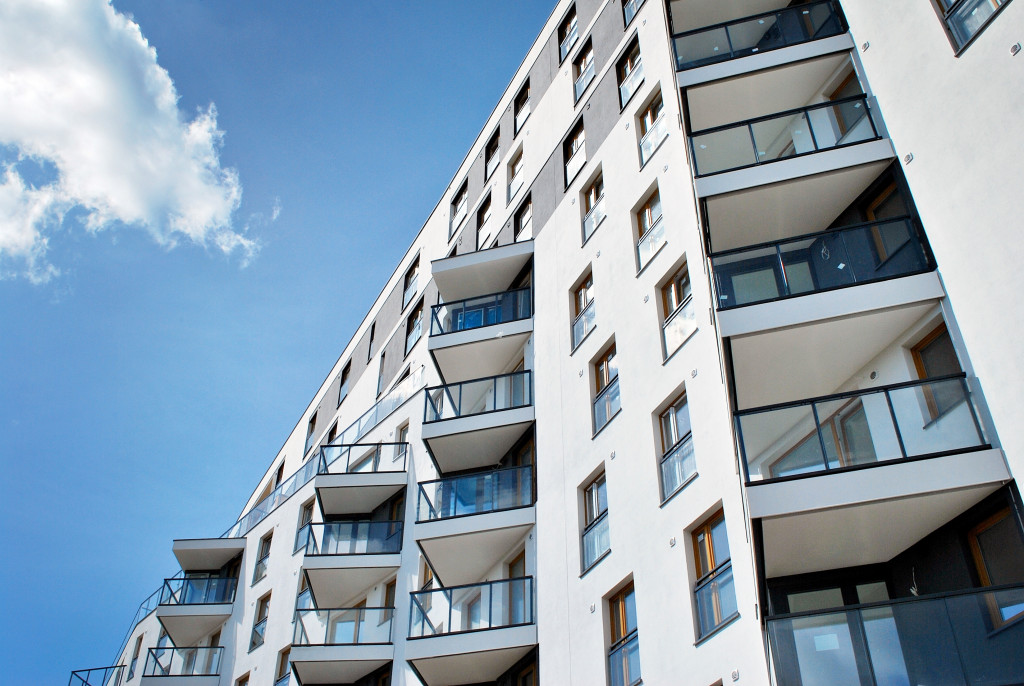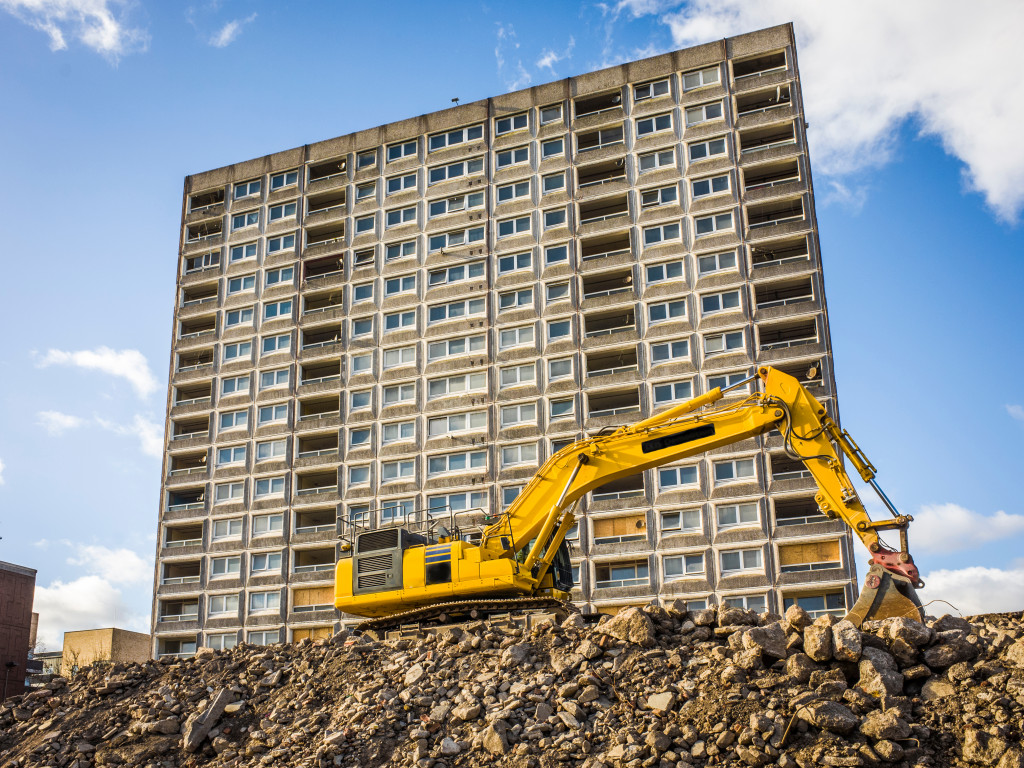The United States is experiencing a housing crisis. There is a huge demand for affordable homes, but not enough units are being built. It was further exacerbated by the pandemic restrictions, which, for a short time, paused construction as the nation hunkered down to stop the spread of the virus.
As a result, there was a shortage. Inventory of housing declined by 39.6 percent across the country, making 2020 the lowest housing inventory year ever recorded. While construction has restarted, some hurdles will impede the recovery of the national housing inventory this year. The demand is there, but limited construction materials lead to inflated costs. There is also a shortage of skilled laborers across the nation, which will further slow down the construction of new homes.
Experts estimate that the U.S. Needs 5.5 million more units to satisfy the demand.
From Hotel to Low-cost Apartment
Communities are desperate for more affordable housing units, and some investors are looking for ways to respond to the increased demands.
The stay-at-home orders last year devastated the hospitality industry. There were no tourists. Most hotels across the world were left empty for months. Some have gone under and have no plans to reopen post-pandemic, whenever that may happen.
Investors are swooping in. They are buying distressed hotels for a cheaper-than-normal price to turn the properties into low-cost housing. The idea is similar to investing in a value-add apartment in which the investor will buy an old property then renovate it to increase rents or sell at a premium. Except, hotels are ready for occupancy. It only needs a few alterations to become an apartment.
Suite hotels are the easiest to convert because they already have their own kitchens. Standard rooms, on the other hand, are smaller, but they do not require many alterations, either.
One investor told CNBC that, in Minneapolis, apartments cost around $120,000 per door. Hotels right now, on the other hand, go around for only $30,000 to $40,000. They only need to put in $10,000 per door to make it into an apartment unit.
Other investors are also taking advantage of the financial difficulties the hospital industry is currently under.
Turning hotels into low-cost apartments is significantly faster compared to constructing a new building. However, investors will have to figure out zoning laws in their respective states. Zoning for apartments is different for hotels. It would not be as easy as renovating a hotel room into a home.
Some investors are not turning all rooms into apartments as a way to bypass having to change zoning. Some rooms can still be rented for a short time — just like a hotel.

Turning Empty Hotels Into Affordable Housing
Investors are not the first to suggest turning hotels into affordable apartments. Some advocates call on authorities to respond to the housing crisis by opening hotels that remain empty to residents.
Lawmakers in New York and California have taken steps toward making it happen. In June, state lawmakers approved a program to finance the purchase of distressed hotels by non-profits to be converted into permanent housing units. However, until now, Governor Andrew Cuomo has not signed the bill yet. His spokesperson told Bloomberg that it is still under review.
According to the bill, half of the units converted to permanent housing will go to the homeless. The other half will be rented by low-income households. It has a $100 million budget, but advocates say it is not enough.
California, on the other hand, has taken massive strides. The state has already awarded local governments $800 million to acquire distressed hotels and motels to turn them into permanent housing. These units will go toward people who are at the risk of or already are experiencing homelessness.
As of July 2021, local governments have purchased 94 properties which created 6,000 units open to residents who need a place to stay but cannot afford to pay the high cost of apartments in California. The state had to override the local zoning laws to turn these hotels and motels into permanent housing.
Governor Gavin Newsom of California has proposed putting another $7 billion into the project that has been dubbed Homekey. He hopes to purchase 46,000 more units to combat homelessness.
The U.S. is experiencing a housing crisis that is pushing the cost of owning a house more expensive. While construction for new homes is ongoing, swift action is needed. Right now, investors are addressing the demand by repurposing distressed hotels into low-cost permanent housing. While not ideal, it provides shelter for those who need a home quickly and at a lower cost.
